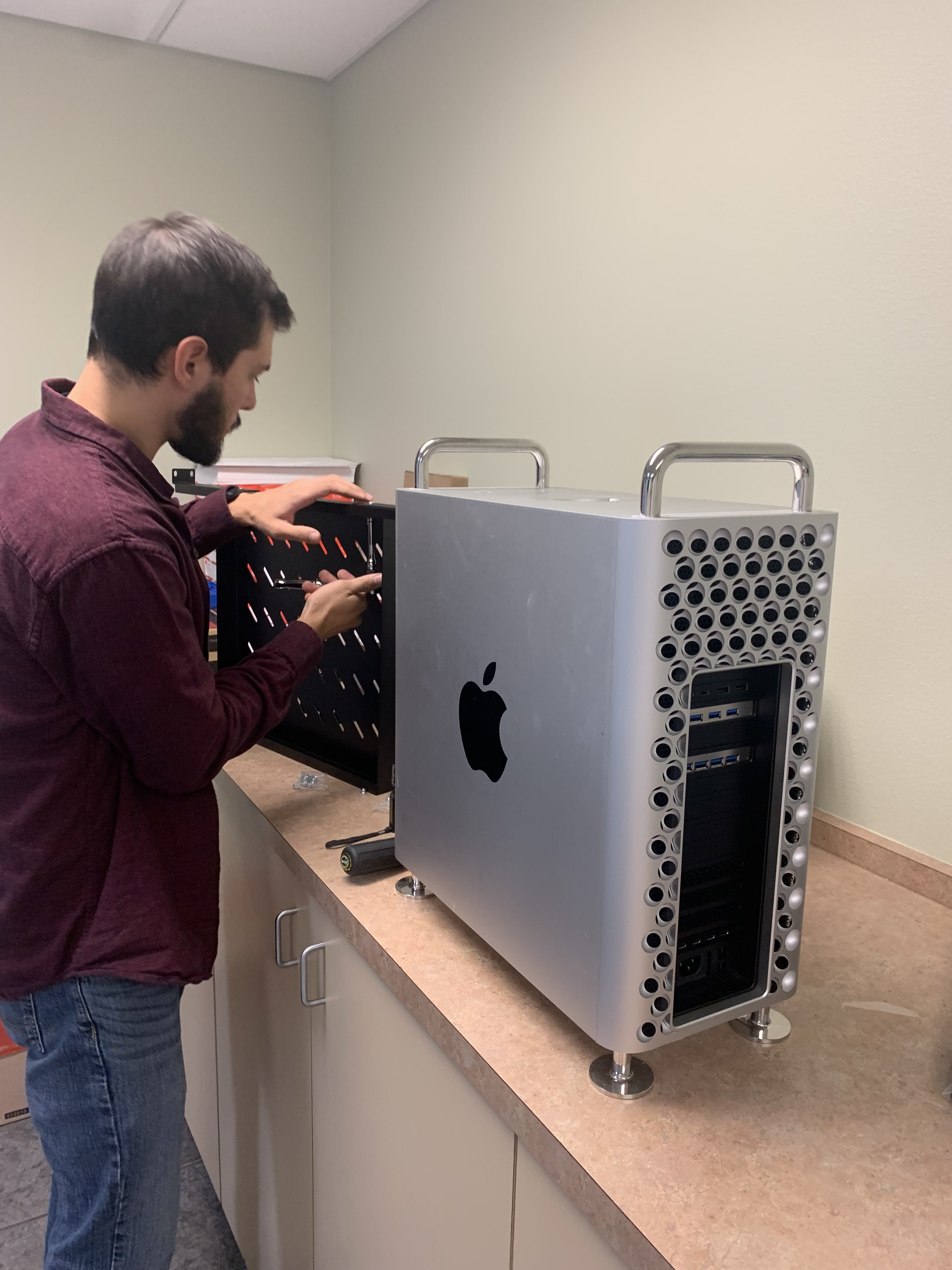Start job hunting now. By the sound of it they are one of those PE firms that zombie walk every acquisition into mediocrity.
Sometimes I call the numbers on missing dog posters and just bark into the phone. I learn from the mistakes of those who take my advice.
- 0 Posts
- 22 Comments
Ultimately Linus’ opinion here does not matter in the positive. He can say Rust in kernel is good, but that does not summon the skill and work to make it happen. He can say it’s bad and quash it, at the potential expense of Linux’s future. His position of avoiding an extreme is a pragmatic one. “Let them come if they may, and if they do not it was less a loss for us.”
Fact is Rust isn’t ready for every part of the kernel. C/Rust interop is still a growing pain for Linux and troubleshooting issues at the boundary require a developer to be good at both. It’s an uphill battle, and instead of inciting flame wars they could have fostered cooperation around the parts of the kernel that were more prepared. While their work is appreciated and they are incredibly talented, the reality is that social pressures are going to dictate development. At the end of the day software is used by people. Their expectations are not law, but they do need addressed to preserve public opinion.

 10·10 months ago
10·10 months agoI’ve been second guessing WP deployments as well, but I think the most likely outcome is a community fork once Mullenweg’s brain rot affects commercial interests too much.

 2·10 months ago
2·10 months agoMaybe. The average Joe looks at the price tag and makes up their mind, but it’s a trap. You also have to factor in the support costs. IT staff, device insurance, breach costs, etc. A device costs much more (2x, 3x or even more) than what you pay the OEM on the PO. The biggest sink is the human costs of supporting the fleet. Macs have higher capex but lower opex. In the end I see savings between 20-40% for well fitted clients.

 1·10 months ago
1·10 months agoIt’s not for every org or team. I often work with small IT teams to provide the expertise until they are able to gain the institutional knowledge themselves. It’s usually a slow process, with transitions on the scale of years for the large companies.

 1·10 months ago
1·10 months agoThat’s a rather bold statement to make, especially considering I have headed one of those large-scale deployments. IBM has over 100,000 Macs, up 50% from their previous deployment goal. There are plenty of Mac deployments in the 4 and 5 digit range. I work on several a year!
Specialist industries have the most trouble switching, but legacy apps are less of a problem these days. Most are either a web app already or slated to become one, largely because mobile has made cross-compatibility a requirement. Things like CAD are the exception because they need native clients and aren’t mobile centric.
Backend changes usually aren’t the bottleneck for cross-compatibility, if their app was written with decoupling in mind (thank you Agile). Throw that out the window if it’s some ancient SOAP monolith. They have bigger problems than their choice of user OS.
Assuming your instance name implies you are in the EU, things are just different for IT over there. The cost savings from adopting Macs can’t materialize given the conditions.

 2·10 months ago
2·10 months agoAn IT supply chain management company and a northeastern medical society have been the latest of our clients to adopt more of them, mostly through attrition of Windows devices. In my prior role at a PE firm, I was responsible for kicking off the transition company-wide to Macs. They liked the lower cost of ownership, maintenance, and the “impression it gave to clients”. The CAD engineers absolutely rioted about it lol. Let me tell you, zip-tying a cheese grater Mac into a server rack is a surreal experience 😂.
To your point, it is still largely director level and above. They are still using MS products mind you, just on Macs.


 13·10 months ago
13·10 months agoI’d attribute this growth to the looming deprecation of Windows 10. With the decision to move to Windows 11, many orgs are replacing them with Macs. On the consumer side, the M4 is seen as worthy upgrade for those already on the earlier M chips.

 2·11 months ago
2·11 months agoI’m a big fan of Hugo. I host my own blog on it.

 421·11 months ago
421·11 months agoRealistically I think that is why banning him even as a brief show of force will be very effective. He understands pain, it’s the universal language.
Wtf is that photoshopped header image. It isn’t actually that large is it?

 10·11 months ago
10·11 months agoGlares at Armor Crate

 15·11 months ago
15·11 months agoYou can, thanks to SteamOS. That’s why I am looking forward to this device. It’s got a much higher performance ceiling than the deck, so I can throttle it down and have the option of performance or battery life. The deck wasn’t a powerhouse to begin with, so unless I’m playing a 2D clicker I never throttle the TDP.

 11·11 months ago
11·11 months agoNice, now I finally have an upgrade path. I’ve loved my Steam Deck, but have wanted something I can have a “docked mode” with high performance and a “mobile” mode with the TDP locked to save battery.

 1·1 year ago
1·1 year agoI’m loving the lore of the “tildeverse”, check out https://cosmic.voyage/ starting with the log entries. Feels like Futurama meets Unix Surrealism.

 1·1 year ago
1·1 year agoFam, jail that windows into a gaming partition and either get a Mac if you aren’t a computer nerd or use Ubuntu if you are. My computing quality of life improved greatly when I didn’t have to use Windows anymore.
I am livid over her absolutely disgraceful management over Moz. When electron was building a de facto monopoly of Chromium on the desktop she made no moves to produces equivalent tooling. While Node grew into a behemoth she totally ignored it. The only thing that has come out of Moz in the last decade that mattered was Rust, and she’s already fired the Rust team. She is poison and serves only to suck up a salary that could fund development.
Mozilla needs its wake up call and to start being the underdog that makes something worth doing. With Manifest V3 and the anti-trust case on the horizon they have a fork in the road that will define what becomes of them. Hopefully she can make one good decision and it’ll be the right one.

 1·2 years ago
1·2 years agoThis 1000%. Since basically High School I’ve been on Ubuntu for the machines I need to work, because at the end of the day it usually does. Some of the people I meet see that I use a Chromebook with the containers enabled and have similar reactions. “How can you use that it’s not even real Linux?”, as if it isn’t literally a Linux kernel. The Steam Deck is popular because you don’t need to know Linux to use it, and Ubuntu is popular because you don’t need to know a lot of Linux to use it.

My plan is to wait a few months for the software quality to mature, then migrate from my Deck to this one.